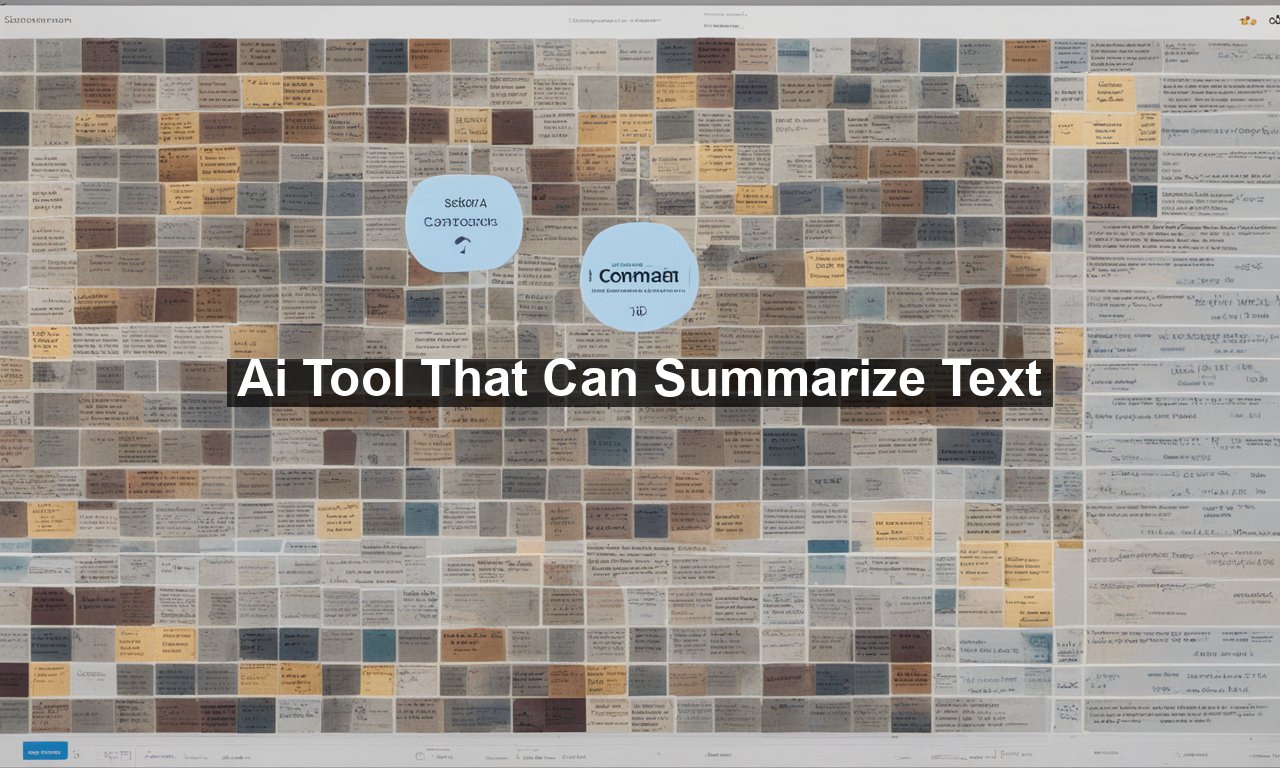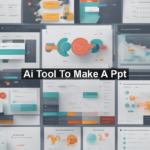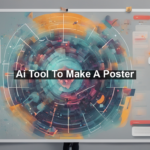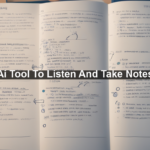**Ai Tool That Can Summarize Text**
Imagine being able to digest thousands of pages of dense academic research, lengthy business reports, or complex legal documents within minutes. Sounds too good to be true, right? Thanks to advancements in artificial intelligence, specifically with AI-type text summarization tools, this is now possible. These powerful AI tools are not only reshaping the way we consume information but are also optimizing work productivity across various domains. Today, let’s dive deep into how these AI text summarizers work, their benefits, and their practical applications.
What is AI Text Summarization?
**AI text summarization** involves the use of machine learning algorithms to condense large volumes of text into shorter, more digestible summaries. These summaries retain the core message, enabling readers to grasp essential information quickly. There are two primary methods in which AI text summarizers operate:
1. Extractive Summarization: This method selects essential sentences or phrases directly from the text, piecing them together to create a summary.
2. Abstractive Summarization: Unlike extractive summarization, this method generates entirely new sentences that paraphrase the core content of the original text.
How Do AI Summarization Tools Work?
AI summarization tools leverage natural language processing (NLP) and neural networks to interpret and process information much like a human. Here’s a breakdown of their functioning:
Why Use AI Text Summarizers?
AI text summarizers offer a plethora of benefits, making them indispensable in today’s fast-paced digital age. Here are some compelling reasons to integrate these tools into your workflow:
Use Cases of AI Text Summarizers
AI text summarization tools have a wide range of applications that can revolutionize industries:
Top AI Summarization Tools
There are several AI text summarization tools available, each offering unique features:
Explore more tools on TechRadar to find the one that fits your needs best.
Challenges and Ethical Considerations
Despite their numerous advantages, AI text summarizers come with certain challenges:
Ethical considerations also need to be addressed. It’s crucial to develop these tools in a manner that promotes transparency, reduces bias, and emphasizes data privacy. For a deeper dive into the ethics of AI summarization, the Brookings Institution offers extensive insights.
The Future of AI Text Summarization
As AI technology continues to advance, the capabilities of text summarization tools will undoubtedly improve. Future developments might include:
The ever-evolving nature of AI indicates that these tools will become even more sophisticated and integral to our daily lives. With continuous improvements, AI text summarizers will likely become indispensable assets in various industries, enhancing how we process information and make decisions.
Embracing these tools can significantly transform how we handle information in our personal and professional lives. So why not give them a try and experience the revolution firsthand?
Happy summarizing!











